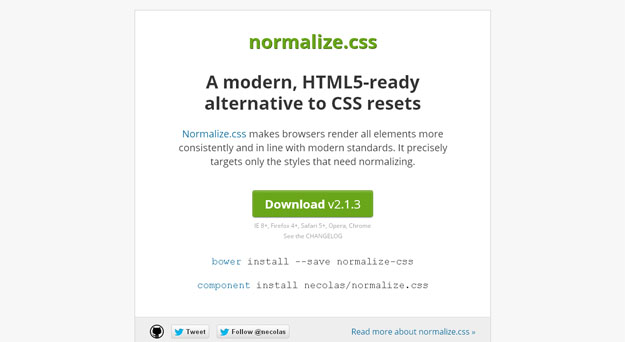With the awe-inspiring reputation and massive popularity that the JEE enjoys in India among engineering aspirants, it is only too easy for candidates to get confused attempting to process various types of tips and information about the examination. So, candidates often end up being intimidated into holding beliefs about the examination which are in fact far from true.
The fact of the matter is – such wrong perceptions are widespread not only among students but also among parents and teachers. Hence, it may not be the fault of any aspirant that they hold these perceptions – It is simply the nature of the JEE beast. Having said that, none of that takes away from the fact that holding on to these myths only serves to undermine the quality of one’s JEE preparation, be it for the JEE Mains or for the JEE Advanced. Ultimately, it may result in an exam performance worse than what it could have been.
Myth 1 – Board percentages do not matter
The days are long gone when aspirants used to avoid focusing on the Class XII board exams and devoted the same time to preparing for the JEE Mains and the JEE Advanced. Logically, this never made sense given that the concepts covered in Class XI and XII have always formed the base for JEE preparation and any score gained in the JEE at the expense of the Class XII board exam may never be indicative of real knowledge and competency anyways. Now, this has been doubly reinforced by the CBSE by incorporating the board exams marks while computing the rankings for the JEE Mains.
Myth 2 – Extremely long hours of study are necessary in order to crack the examination
Another popular urban legend is that every successful aspirant needs to study for 12-14 hours a day constantly in order to crack the JEE and get it right in terms of the JEE Mains 2016 answer key. This is not really true at all. The number of hours one needs to study depends on one’s absorption capacity and the level of comfort with the conceptual framework. There are very many who have cleared the examination with high ranks even with studying only 4-6 hours a day for the most part of the preparation.
Myth 3 – Wide range of study from reference books needed
This is another popular origin for a wrong approach whereby candidates try to study the same concepts from as many reference books as possible, apart from the main textbooks. This does not work well in general for most candidates. Like for most other competitive examinations, JEE preparation is all about quality and not quantity. It is important to gain and maintain conceptual grounding from only a couple of primary sources and use reference books only as needed.
Myth 4 – The use of online preparation dilutes the quality of preparation
There is a still widely held view that the use of online preparation dilutes the quality of preparation. This is simply not true. Online material is not only useful from the point of view of tests with MCQ’s but also with regards to the availability of video lectures and presentations. An online presentation on a topic with excellent visuals can go a long way towards explaining a particular topic in an hour, which would have been very difficult to grasp from a textbook even in a period of 3-4 hours.
Myth 5 – JEE Main high performance implies JEE advanced high performance
Given that the nature of both exams is different, history so far shows that high performance on the JEE Mains does not in any way guarantee high performance on the JEE Advanced. Not only is the paper pattern completely different, the depth and range of coverage of both exams is also different.




